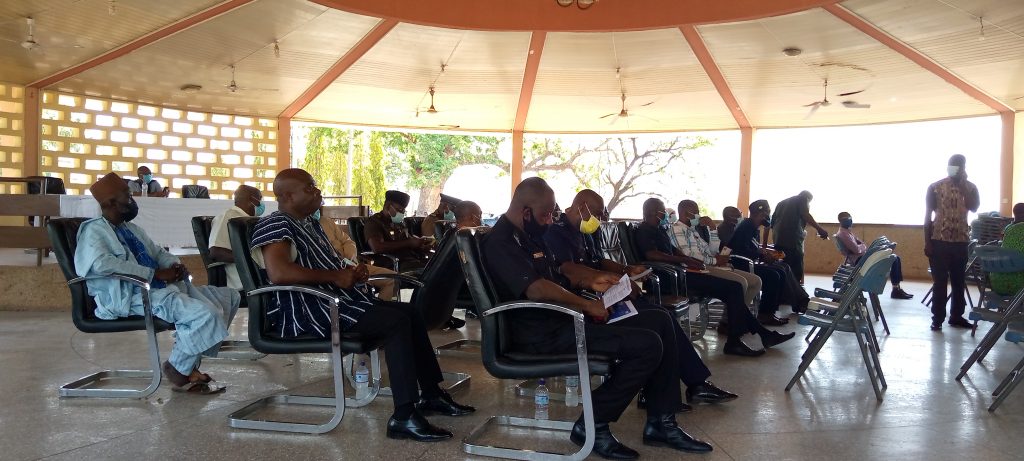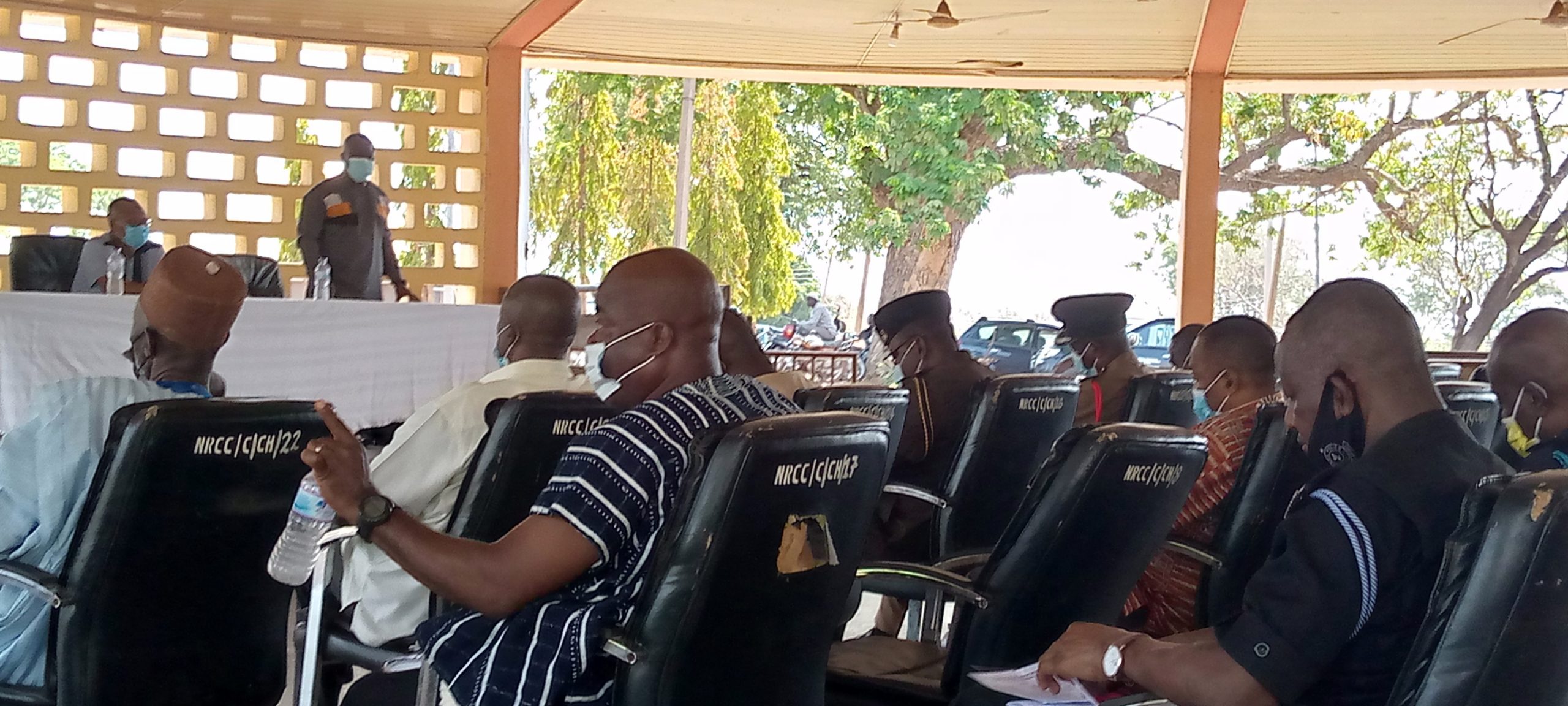Bad data is worse than a data that is not available, the government Statistician has told heads of decentralized departments, chiefs, religious leaders and service men professor Samuel Kwabena Annim.
According to professor Annim, it makes no sense if stakeholders are not involved in ensuring that the data that will be collected on census night reflect truth picture on the ground.
At information session meeting held at Regional coordinating council, professor Annim called for full support from the public and institutional heads. The meeting attended by a representative of the northern regional house of chiefs and the Dagbon traditional council was to emphasized key role they will play to ensure that citizens cooperate and volunteered accurate information to enumerators.
Professor Kobina Annim explained that, the government has procured 75,000 tablets for the exercise adding that they can be reused by most state institutions such education service and health for data collection.
He charged the regional and district implementation census committee to ensure no equipment got missing during the period.
Given historical background of census and its relevance to the people, Head of Census methodology at GSS Mr Owusu Kagya reminded residents that the service can’t do the work alone without the support and cooperation everyone.

The country, Mr Kagya said, need credible and quality data to plan to carry out developmental projects. The questions that will be asked during the census Mr Kagya explained will help GSS to measure key indicators of the Sustainable Development Goals (SDGs) which says no one should be left behind.
The current five regions of the north population in 2010 was 2.4 million and it has been projected to over 3million after 2021 census.
Explaining various sectors, Mr Kagya said the last census revealed that about 19% of Ghanaians were throwing their waste into gutters and 15% in Tamale throwing their waste into gutters.
The 2010 census also revealed that, 19% of Ghanaians were practicing open defecation and in the northern region, 17% were found not to have household toilets.
Households with electricity across the country was 64% in the country and Tamale was 29%. These social amenities are essential in every census and therefore the need for the citizens to participate actively.
Northern Regional statistician, George Agbenyo told stakeholders that the region will be engaging 6,112 enumerators in an estimated 2,499 localities with 545 supervisors in 17 statistical districts of the two statistical Regions.
The entire country has been divided into 6 zones for this year’s census with about 52 000enumerating areas in 131,000 communities of the 272 statistical districts. An amount of GHC 521million from initial budget of 477million before the outbreak of covid 19.


